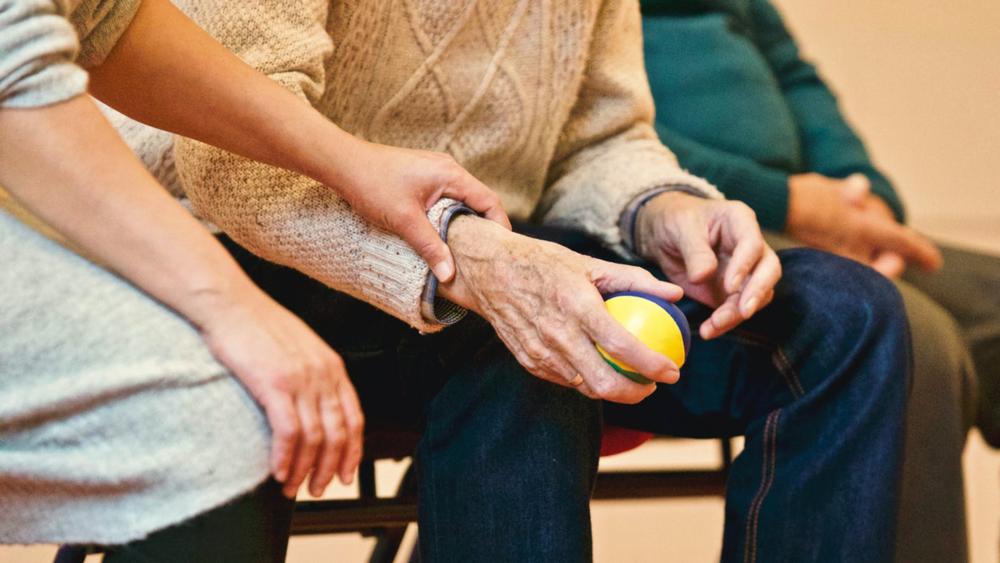
Caption
Long-term care visitation has been restricted by Gov. Brian Kemp’s executive order and under federal guidelines.
Credit: Pexels/Stock photo

Long-term care visitation has been restricted by Gov. Brian Kemp’s executive order and under federal guidelines.
A committee of the Georgia House, despite industry opposition, passed a bill Monday allowing people to visit patients in hospital and long-term care facilities during a public health emergency — like the current pandemic.
House Bill 290 would allow a “legal representative,’’ usually a loved one, to visit a patient or resident for a minimum of an hour a day, if that person meets a facility’s safety standards.
The House Human Resources and Aging Committee held a robust debate for a third time on the bill and took up several amendments before approving the legislation.
“We’ve heard everybody’s voice,’’ said Rep. Jesse Petrea (R-Savannah), chairman of the committee. ‘‘There are no bad guys in this.’’
Hospitals and long-term care facilities have performed heroically during the pandemic, he added. “This issue is about policy.’’
Rep. Ed Setzler (R-Acworth), the main sponsor, said the patient representative is “an essential part of the delivery of care,’’ as important as those bringing meals and staff doing basic medical duties, such as changing IV lines.
Long-term care visitation has been restricted by Gov. Brian Kemp’s executive order and under federal guidelines. The limits on visits were imposed early in the COVID pandemic, as nursing homes and other long-term care facilities endured a horrific disease toll.
Setzler referred to his father-in-law having a heart attack, being hospitalized in Gwinnett County, and not being allowed to get a visit from his daughter. “Turning away legal representatives from hospital settings is unacceptable,’’ he told the committee.
Facilities could impose “reasonable safety requirements’’ on the legal representative’s visit, such as wearing personal protective equipment. “We have crafted this to not be in conflict’’ with federal health regulations, Setzler added.
The Georgia Hospital Association spoke in opposition to the bill. Anna Adams, an association vice president, said hospitals were very concerned about possible spread of infection, about giving a legal representative too much power, and about the potential for court fights over such visits.
Committee Democrats opposed the bill, saying its ‘’reasonable’’ standard was too vague. Rep. Donna McCleod (D-Lawrenceville) said, “If it’s not clear, we’re going to cause chaos.”
The state’s long-term care ombudsmen have urged Kemp to ease his rules and allow an “essential visitor’’ — typically a relative — to come into the facility to see a patient.
With long waits to see their family members, patients are experiencing isolation and loneliness, and “are just withering away,’’ Melanie McNeil, the state’s chief long-term care ombudsman, told GHN recently.
The Georgia Health Care Association (GHCA), which represents long-term care providers, had expressed reservations about the updated legislation. “The version of the bill that was passed yesterday resolved a number of these conflicts, and we thank Chairmen Setzler and Petrea for the opportunity to address our long term care concerns,’’ said Devon Barill, a spokeswoman for GHCA.
If Setzler’s bill becomes law, it will go into effect July 1.
This story comes to GPB through a reporting partnership with Georgia Health News.